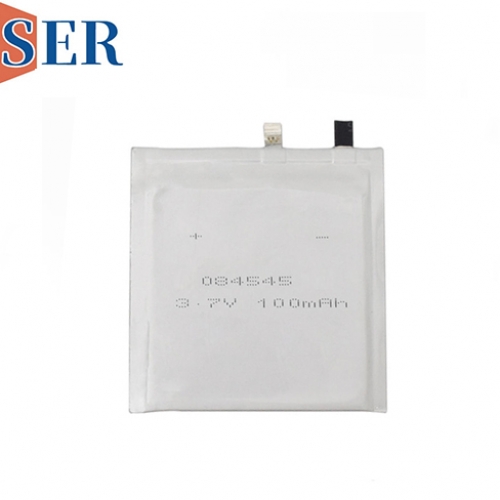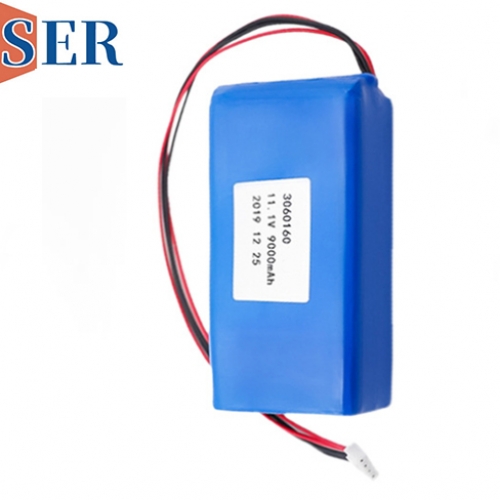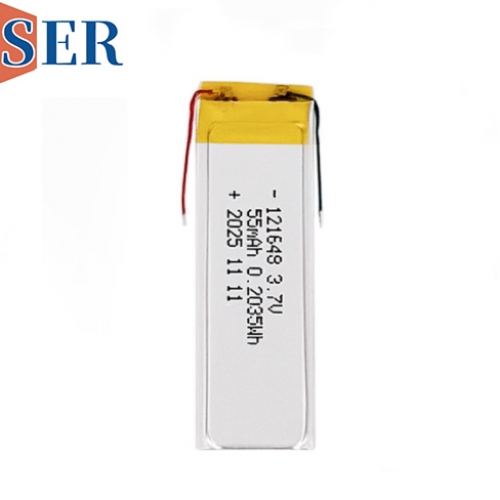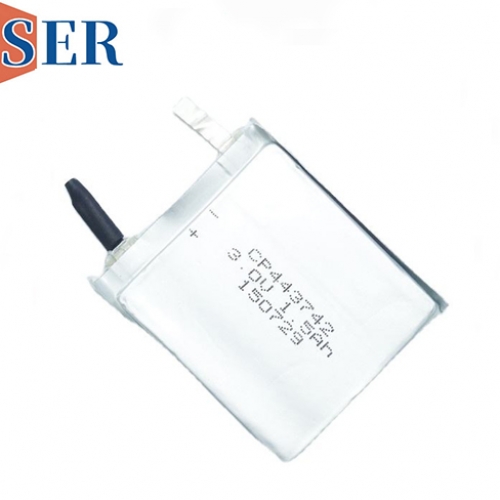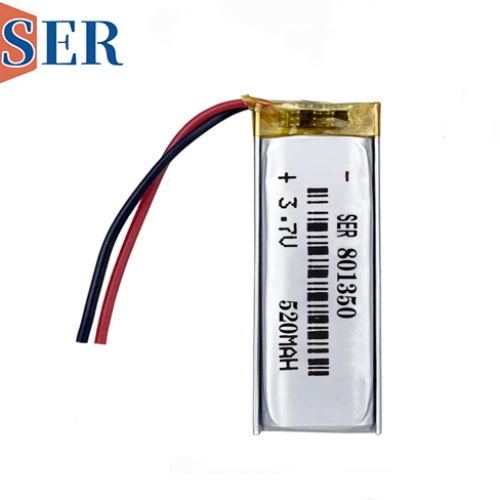LiSOCL2 Battery Capacity
LiSOCL2 Battery Capacity
The lithium thionyl chloride (LiSOCL2) battery is a type of primary battery that offers several advantages in terms of its performance and application. One of the key metrics when considering any battery is its capacity, which essentially refers to the amount of electrical energy it can store and deliver. Understanding the capacity of the LiSOCL2 battery is crucial for determining its suitability for specific applications.
The capacity of the high temperature battery is divided into rated capacity and actual capacity. The rating of the high temperature battery refers to the minimum amount of electricity that should be discharged when designing and manufacturing the high temperature battery or ensuring that the battery is discharged under certain discharge conditions.
The capacity of a high temperature battery is typically measured in ampere-hours (Ah) or milliampere-hours (mAh). This metric indicates the amount of current a battery can deliver over a specific period of time. For the LiSOCL2 battery, the capacity can vary depending on various factors such as its size, chemistry, and construction materials.
The high temperature LiSOCL2 battery is known for its high energy density, which means it can store more energy per unit volume compared to other high temperature battery types. This high energy density translates into a relatively high capacity, making it suitable for applications where long-lasting power is required.

Additionally, the LiSOCL2 battery exhibits excellent shelf life and has a low self-discharge rate. This means that even when not in use, it retains its charge for longer periods, maintaining its capacity over time.

However, it's important to note that the capacity of the LiSOCL2 battery may be affected by certain operating conditions. For instance, extreme temperatures can impact the battery's performance, potentially reducing its capacity. As for high temperature battery, it's better to test under high temperature. Therefore, it's crucial to consider the environmental conditions when evaluating the battery's capacity and suitability for a particular application.
In conclusion, the LiSOCL2 battery offers a high capacity due to its high energy density and excellent shelf life. Its capacity, however, can be influenced by various factors such as size, chemistry, construction materials, and operating conditions. Understanding these factors is essential for making informed decisions about the battery's suitability for specific applications.

